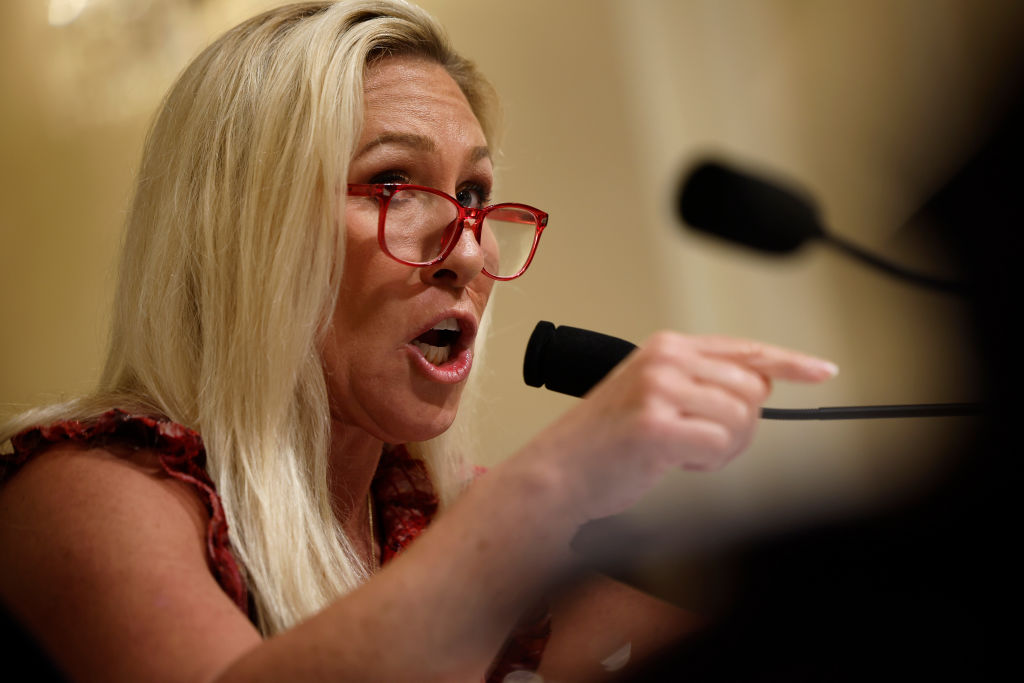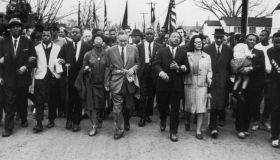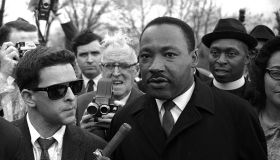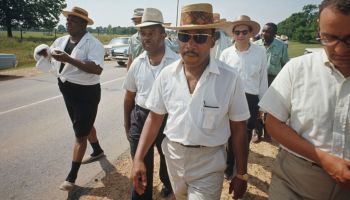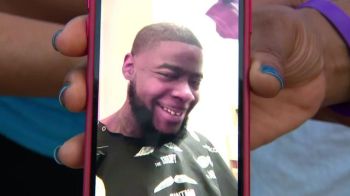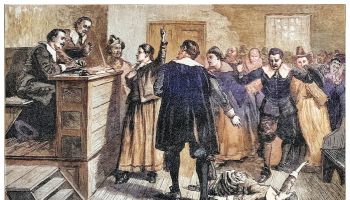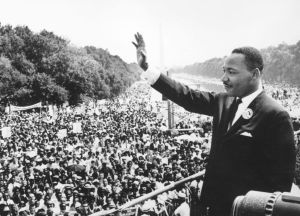
Source: – / Getty
The National Civil Rights Museum (NCRM) at the Lorraine Motel in Memphis, Tennessee, stands as a monument to Dr. Martin Luther King‘s legacy while also documenting the ongoing civil rights struggle in America.
Memphis holds a special place in Dr. King’s narrative as a turning point and final marking place in history. King was highly invested in Memphis, returning to aid the sanitation workers in their fight for better wages and treatment. On April 4, 1968, while booked in room 306 at the Lorraine Motel, King was assassinated as he stood overlooking the second-floor balcony. His death sparked nationwide uprisings.
NewsOne spoke with NCRM president Terri Freeman about the importance of upholding Dr. King’s work through programming, the city’s role in his incredible journey and lastly, what he may have thought about the current social justice climate in today’s society.
The following questions and answers have been edited and condensed for readability.
NewsOne (NO): What role does the National Civil rights Museum play in carrying on the legacy of Dr. King?
Terri Freeman (TF): While we are known as Dr. King’s last stop on his journey to secure equality and justice for Black people and poor people, and the site of his assassination, we are also a place that honors his legacy through exhibitions and public programming. While the Museum’s permanent exhibitions really tell the story of many of the campaigns that made up the American civil rights movement, many of our temporary/traveling exhibits tell a more contemporary story about civil and human rights. The museum-curated exhibit, “MLK50 a Legacy Remembered,” reviewed the life and times of Dr. King, the incredible contribution of Coretta Scott King, the true architect of Dr. King’s legacy, as well as descriptions of more contemporary movements like the Fight for $15, Black Lives Matter and the Occupy movement. Additionally, our public programming incorporates history with current activists, scholars, and historians. During 2020, although our programming was totally virtual, we hosted forums, panels, and discussions about voting and voter suppression, economic equity, and White fragility.
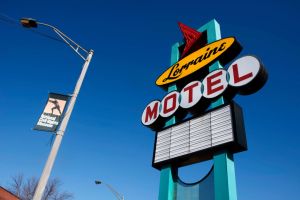
Source: Paul Natkin / Getty
NO: The city of Memphis plays a crucial role in Dr. King’s story. Much like Atlanta, Memphis shaped his legacy and trajectory. Can you speak to that?
TF: Rev. Jesse L. Jackson compares Atlanta to Bethlehem and Memphis to Calvary. What is important to remember is that Dr. King was in Memphis to serve. He came to Memphis to support the protest of the striking sanitation workers. He was just beginning the Poor People’s Campaign and Dr. King believed that what was happening in Memphis with the sanitation workers was an illustration of what the Poor People’s Campaign was meant to draw attention to and support. He wanted to highlight the plight of far too many Americans who were living in the world’s wealthiest nation yet found themselves living in abject poverty. Cities like Memphis and Atlanta still battle with poverty rates that are too high. And it is important to reflect on the fact that toward the end of his life, Dr. King’s emphasis was not solely on equality or sameness, but on equity, particularly economic equity which is fairness or parity. We need to always be asking ourselves the question he posed in his final book, “Where Do We Go From Here: Chaos or Community?” The answer to that question is in our hands.
NO: What events and/or celebrations does the National Civil Rights Museum have in the queue to honor Dr. King’s birthday? And are there certain milestones pertaining to the civil rights leader’s legacy that will be celebrated throughout the year?
TF: Due to COVID-19, like all our programming since April 2020, this year’s King Day celebration will be virtual. I would encourage people to join our virtual celebration on Jan. 18 at 12:00 p.m. CT or 6:00 p.m. CT. You can register on our website at civilrightsmuseum.org. The focus this year is to help people understand how the holiday came to be, and learn more about Martin Luther King Jr. the man. There will also be the opportunity to go behind the scenes of previous King Day celebrations through the words and experiences of our many volunteers. The program will include entertainment, historians, scholars, and folks who have participated in years past. The Museum website lists upcoming programs throughout the year.
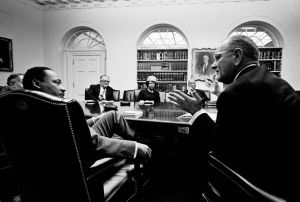
Source: Interim Archives / Getty
NO: In our current political and social justice environment with so much tumult, what is one central teaching of Dr. King’s that we can take with us as a form of perseverance?
TF: I think King’s quote about the arc of moral universe being long but bending toward justice is important for us to keep top of mind. We can never give up hope. Even when things are in the level of disarray that they are in currently, we need to lean on the work of our ancestors. But we must also realize that peace without justice cannot occur. So, until we achieve justice for all people, it is very doubtful that our nation will see peace. In Dr. King’s words, “True peace is not merely the absence of tension; it is the presence of justice.”
NO: What is one of your favorite MLK quotes that help you navigate through hardships?
TF: My personal mantra is that it is more important what people say about you when you are not in the room. So, to that end, I think the quote that most resonates is from his 1963 book, “Strength To Love.” “The ultimate measure of a man is not where he stands in moments of comfort and convenience, but where he stands at times of challenge and controversy.”
SEE ALSO:
5 Facts About The Assassination Of Dr. Martin Luther King, Jr.
The Haunting Parallels Between Martin Luther King Jr.’s 1964 Speech On Voting And The 2020 Election
